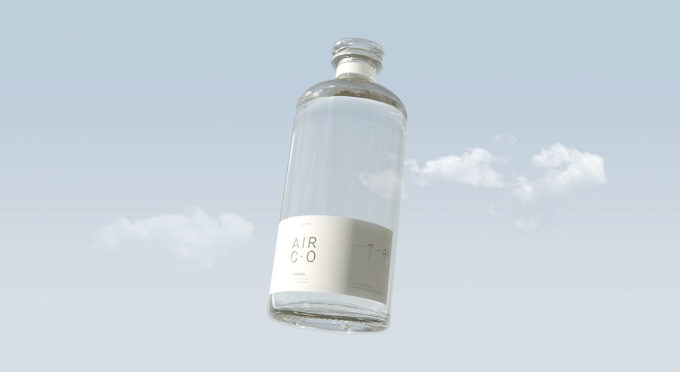The three-year Carbon to Value (C2V) Initiative—a partnership among Greentown Labs, Urban Future Lab, and the Fraunhofer USA TechBridge Program—is creating a first-of-its-kind collaborative ecosystem for carbontech startups and leading corporations with the end goal of making carbontech cost-effective and achieving its deployment at scale.
“We are doing nothing short of jump-starting a new industry,” Pat Sapinsley, managing director of Urban Future Lab, told an audience of hundreds of climate champions gathered for the initiative’s kickoff event this May.
The C2V Initiative received more than 130 applications from 26 countries, representing a wide variety of carbontech innovations, with carbon utilization product and process innovations and carbon capture and carbon sequestration solutions as the most prominent topic areas.
At the C2V Initiative Kickoff, we were proud to showcase the program’s Carbontech Leadership Council and introduce the 10 incredible, game-changing startups selected to participate in the first cohort.
“The 10 young companies that have been selected to be part of our C2V Initiative inaugural accelerator cohort are attacking the challenges of carbon capture, utilization, and sequestration from many different directions,” Greentown Labs CEO Emily Reichert said at the kickoff. “I’d like to applaud all of these pioneering carbontech startups. We are excited to work closely with them over the next six months.”
Get to know the startups below!
Air Company (New York City, U.S.) transforms CO2 from the atmosphere into high-purity alcohols that can be used across a variety of consumer verticals, including spirits, fragrance, sanitizer, cleaning products, and even fuel.
Carbfix (Reykjavík, Iceland) provides a natural and permanent carbon storage solution by turning CO2 into stone underground.
CarbonFree (San Antonio, U.S.) has commercial technologies that capture and convert industrial CO2 emissions into minerals for sale or storage.
CarbonQuest (New York City, U.S.) provides decarbonization technologies and solutions for buildings with a focus on modular carbon capture. CarbonQuest’s unique, patent-pending approach to utilizing carbon capture in buildings that use natural gas for heating, hot water, and/or adsorptive chilling can reduce a building’s emissions by 50 percent or more.
Cemvita Factory (Houston, U.S.) applies synthetic biology to reverse climate change through engineering microbes to use CO2 or methane as a feedstock for the production of carbon-negative industrial chemicals, such as ethylene.
CERT (Toronto, Canada) converts CO2 to chemicals such as ethylene via electrolysis. Rather than making basic chemicals from fossil fuels, CERT can recycle carbon emissions to generate drop-in chemical building blocks. This process has the potential for over 1 GT of annual emission reductions.
Made of Air (Berlin, Germany) is a carbon-negative materials company that takes low-value wood waste and transforms it into high-value, carbon-negative thermoplastics.
Mars Materials (Oakland, U.S.) places captured CO2 into plastics and carbon fibers by converting waste-CO2 into acrylonitrile and drastically improving the resource-intensive acrylonitrile production process used to create electronics, clothes, and carpets.
Patch (San Francisco, U.S.) is a platform for negative emissions. Its API allows customers to measure, and compensate for their unavoidable emissions programmatically by connecting them with a selection of carbon removal projects and traditional offsets.
Planetary Hydrogen (Dartmouth, Canada) combines hydrogen production with CO2 sequestration via ocean air capture. Its patented geo-electrochemical process produces a base that is used as a source of alkalinity, which when added to the ocean, enhances the ocean’s natural ability to take up atmospheric carbon.


